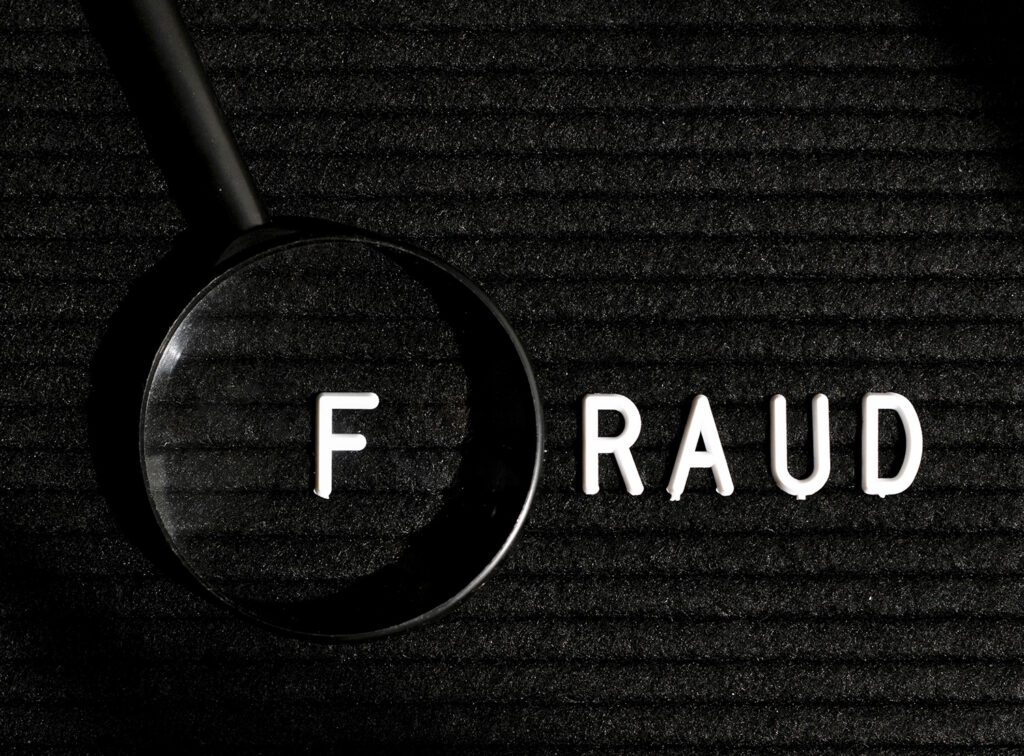Loans are a convenient financial instrument that is available to almost every borrower. To get one, you only need a passport and a suitable age. At the same time, many people are afraid to borrow money because they are afraid of being cheated. Why does it happen and how to avoid bad creditors?
Today, many people are afraid to apply for a loan for various reasons. There are high interest rates if you compare them with banks and a high probability of fraud. If in the first case the reason is not so important, as the amounts are small and short-term, the situation with fraudsters is more acute. How to protect yourself and not to face an unreliable creditor?
Identifying an unreliable creditor is crucial to protect yourself from potential financial harm.
How to identify an unreliable creditor?
Here are some key indicators to help you recognize an unreliable creditor.
Lack of Transparency
An unreliable creditor may not provide clear and transparent information about their loan terms, interest rates, fees, and repayment options. Be wary of lenders who are not upfront about these details.
High-pressure Sales Tactics
If a creditor uses aggressive or high-pressure sales tactics to push you into taking out a loan, it could be a sign of an unreliable lender. A reputable lender will provide you with information and give you time to make an informed decision.

Unregistered or Unlicensed
Check if the creditor is registered and licensed to operate in your country. Unregistered or unlicensed lenders may not adhere to regulations and could be operating illegally.
Also, even if the creditor is registered, carefully study the documents that you will have to sign at the conclusion of the loan agreement. Read all the clauses carefully and if you have doubts, it is better to spend time to understand the conditions than to get into lots of debts. The terms of the loan will not change for five days.
Unrealistic Promises
Be cautious of creditors who make unrealistic promises, such as guaranteed approval or extremely low interest rates, especially if you have a poor credit score. Reputable lenders assess your financial situation and creditworthiness before offering a loan.
Negative Reviews or Complaints
Research the creditor online and check for reviews, complaints, or ratings from previous customers. Multiple negative reviews or unresolved complaints could indicate an unreliable creditor.
Hidden Fees or Terms
Read the loan agreement carefully and watch out for hidden fees, prepayment penalties, or unfavourable terms that were not disclosed upfront. An unreliable creditor may try to sneak in hidden costs that can significantly increase the overall cost of the loan.
By being vigilant and paying attention to these warning signs, you can identify an unreliable creditor and avoid potential financial pitfalls. Always do thorough research and consider seeking advice from a financial advisor before entering into any loan agreement.